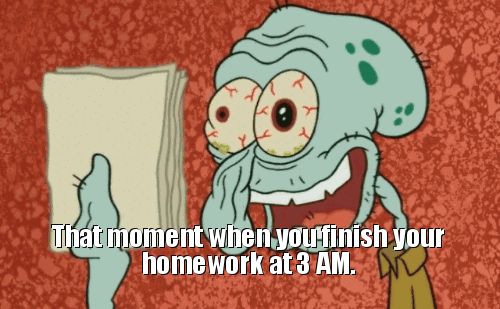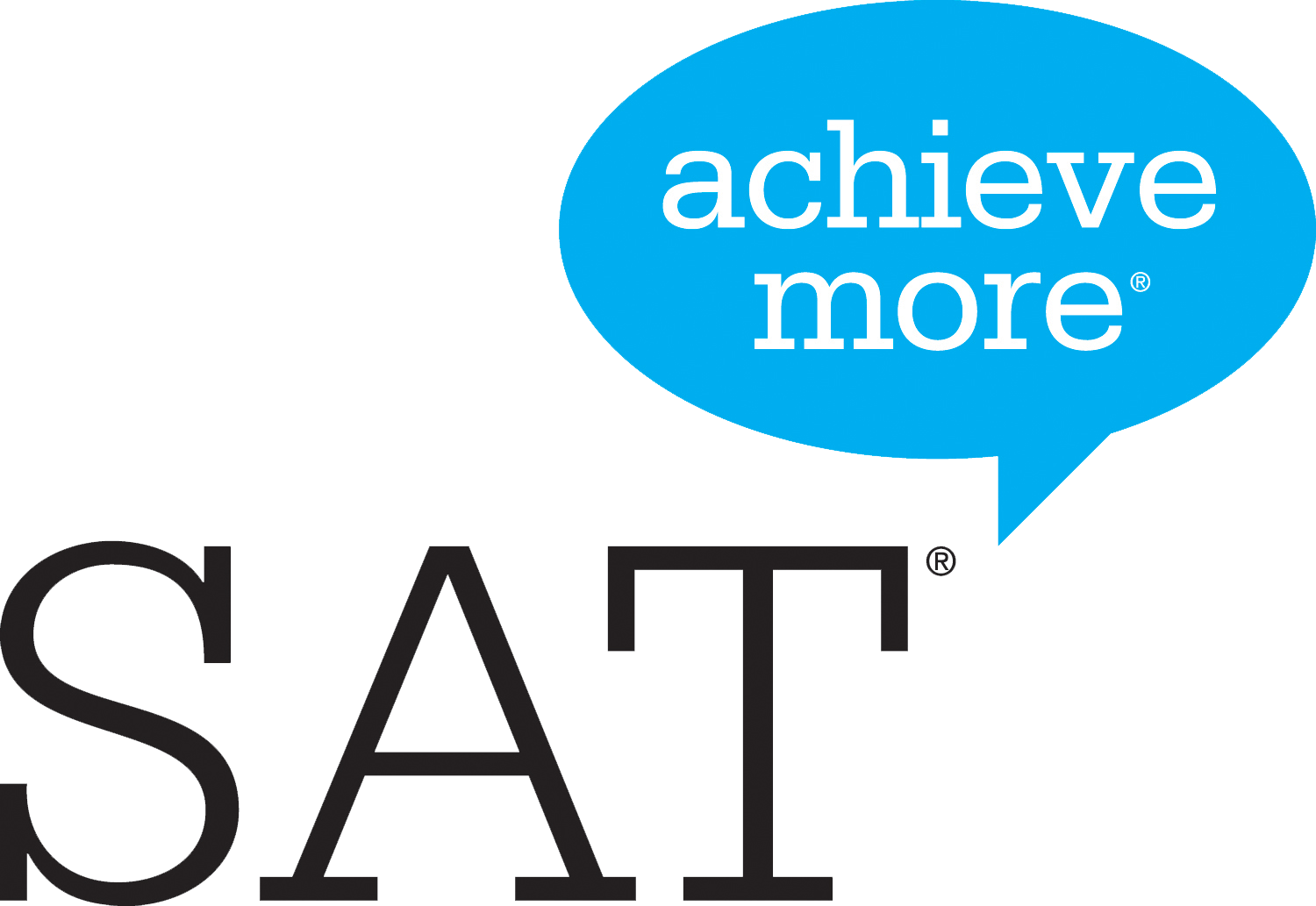The Perfect Score Game: Do You Really Need That 1600?
/I remember the exact moment that I decided that I was not taking the SAT ever again. It was early-June, my junior year was finally ending, and school was beginning to unwind. Just one more thing needed to happen before I could begin my summer of cool relaxation: SAT scores. I unlocked my phone and typed in my college board username with great trepidation but also with the vibrant, microscopic hope that I would get the illustrious 1600 that I thought would be my ticket into any college of my choice. That hope died as soon as I clicked the “See Your Scores Now!” tab.
At this moment, I knew that I had to seriously reevaluate my college strategy. I didn’t do horrendously on my SATs; my scores from my first SAT actually fit into the 25-to-75 range of my top choice school, albeit the lower section of that range. I had only taken the test again to pursue the distinguished 800 club or the 1600 that would show schools that I was perfect, therefore allowing me to slack off on the rest of my application. Needless to say, that didn’t happen, so I had to ask myself a series of questions:
Do I really want to take another SAT?
Let me paint a picture of my junior year for you. After six AP tests, SATs, and with the overhanging stress of subject tests, summer work, the essay, and actual college applications steadily and quickly approaching, taking the SATs again was the last thing that I wanted to do. I simply did not see myself having the time this summer, with work, summer programs, and schoolwork, to actually make studying for the SAT a priority, let alone do it well.

Can I afford taking another SAT?
I also realized that in order to improve my score, I would have to try a new studying strategy. For the past two SATs, I had relied solely on self-study, with my trusty blue SAT book always by my side. I realized, however, that to gain the drastic improvement on my scores that I wanted, I would need to invest in some other study method, perhaps a class or a tutor. The simple fact of the matter was that my lower-income family could not afford sending me to a class or paying for a tutor; even the monetary expense of just taking the SAT again, when added to the future cost of SAT subjects and college applications, made taking the test again seem unnecessary.

Is that perfect score really essential to my college application?
This last question made my decision clear. In order to answer this, I had to evaluate the other parts of my application. My high school transcript, while not perfect, was generally excellent and put me in the higher section of my top choice’s 25-to-75 GPA mark. Throughout high school, I had made it a point to foster good relationships with all of my teachers and my guidance counselor, so I was pretty confident in my recommendation letters. I had never received any disciplinary action nor had I any blemishes on my record. My extracurricular list was intense to say the least, but still credible with many awards, honors, and leadership positions to show my commitment to my activities. By this time, I had already written my college essay, and although I knew that I had a whole editing process to go through, I was satisfied in its content and its ability to speak for myself as a person.
My short answer came to this: I had worked hard throughout high school, and that showed with or without a perfect score. My scores were good for the schools that I wanted to get into, and the financial and physical strain of preparing for another test just for the vanity of a perfect score did not seem worthwhile to me.
In truth, the only person who can accurately judge whether or not you need that score is yourself. Maybe the other parts of your application are lacking for your top choices, so the SAT is really where you want to shine. Maybe you have the extra time and resources that you need to greatly boost your score. The scenarios are endless and different for everyone, but for me, it came down to one easy decision: no more SATs!







 All in all, I don’t regret taking the SAT course over the summer, and will be continuing in the school year for another five weeks. I feel a lot more confident taking tests, and it gets easier to sit down and focus for such a long period of time. I’ve also met a group of great people who I can compete with in a friendly way to help myself improve. SAT courses aren’t for everybody, but I recommend it for people who need something to help them along the path to a higher score.
All in all, I don’t regret taking the SAT course over the summer, and will be continuing in the school year for another five weeks. I feel a lot more confident taking tests, and it gets easier to sit down and focus for such a long period of time. I’ve also met a group of great people who I can compete with in a friendly way to help myself improve. SAT courses aren’t for everybody, but I recommend it for people who need something to help them along the path to a higher score.

 Whenever you are in doubt of yourself, recall this advice and the fact that standardized tests do not measure your worth as a human being. You are so much more than the answers that you bubble in inside of a testing room. As long as you try your best, it is impossible for you to be labeled as a disappointment. You have so much more to contribute to the world, and as long as you are determined and assert yourself, you are definitely bound to make changes in it.
Whenever you are in doubt of yourself, recall this advice and the fact that standardized tests do not measure your worth as a human being. You are so much more than the answers that you bubble in inside of a testing room. As long as you try your best, it is impossible for you to be labeled as a disappointment. You have so much more to contribute to the world, and as long as you are determined and assert yourself, you are definitely bound to make changes in it.





